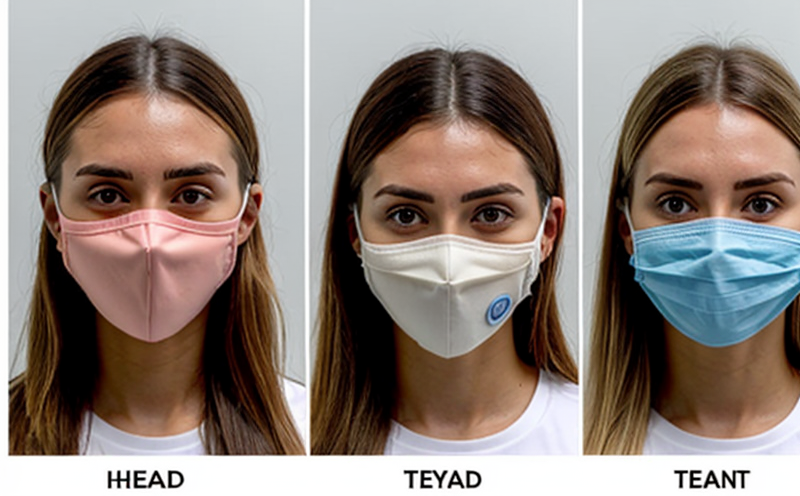EN 50365 Electrically Insulating Helmet Dielectric Testing
The EN 50365 standard is specifically designed to ensure that electrically insulating helmets meet the necessary safety requirements for electrical workers and professionals. This test focuses on verifying the dielectric properties of these helmets, ensuring they provide adequate protection against electrical hazards.
During this testing process, the helmet specimen is subjected to a high-voltage pulse to evaluate its ability to withstand voltage without breakdown or failure. The standard specifies that the helmet should be able to maintain its insulating properties under specified conditions, which are critical for ensuring worker safety in high-risk environments.
The test setup typically includes an electrode placed on top of the helmet and connected to a high-voltage source, followed by a discharge into a water tank. The breakdown voltage is measured, providing insights into the helmet's dielectric strength. This information is crucial for quality managers and compliance officers responsible for ensuring that all protective equipment meets regulatory standards.
The testing procedure ensures that the electrically insulating helmets are not only durable but also reliable in preventing electrical shock. The results of this test are essential for R&D engineers who need to design and develop products that meet stringent safety requirements. Additionally, procurement teams rely on these tests to verify that the equipment they purchase adheres to international standards.
The EN 50365 standard is recognized worldwide and is a benchmark for electrical workers' protection against electrical hazards. This recognition ensures that manufacturers are held accountable for producing safe and effective protective gear, which in turn enhances occupational safety and reduces workplace accidents.
- High Voltage Testing: The helmet undergoes a high-voltage pulse to assess its dielectric properties.
- Durability Assessment: Ensures the helmet can withstand various environmental conditions without compromising its insulating capabilities.
- Risk Mitigation: Provides critical data for preventing electrical shock and ensuring worker safety.
Industry Applications
The EN 50365 dielectric testing is widely used in various industries where electrically insulating helmets are essential. These include construction, electrical engineering, and maintenance sectors.
- Construction: Workers exposed to overhead power lines or other high-voltage equipment benefit from this test.
- Electrical Engineering: Engineers involved in the installation and repair of electrical systems require this protection.
- Maintenance: Technicians working on live circuits need helmets that pass dielectric testing to ensure their safety.
The test ensures that these professionals are equipped with reliable protective gear, reducing the risk of electrical accidents and enhancing overall occupational safety.
Why Choose This Test
Selecting EN 50365 dielectric testing for electrically insulating helmets is essential for several reasons. Firstly, it provides a robust method to evaluate the helmet's ability to withstand high voltage without compromising its integrity. Secondly, this test ensures that manufacturers produce consistent and reliable products that meet international safety standards.
For quality managers, compliance officers, and R&D engineers, this testing process is critical for ensuring product quality and safety. It also helps in meeting regulatory requirements, which can prevent potential legal issues and enhance the reputation of the company.
The test results are crucial for procurement teams as they provide confidence that the equipment purchased adheres to international standards. This not only ensures worker safety but also contributes to a more efficient and compliant workplace environment.
International Acceptance and Recognition
The EN 50365 standard is widely recognized across Europe and is often referenced in other international standards. Its acceptance ensures that the testing process is consistent, reliable, and up-to-date with the latest safety requirements.
This recognition also facilitates trade between countries, as manufacturers can be assured that their products meet the necessary safety criteria for multiple markets. The standard is based on ISO and ASTM guidelines, which further enhances its credibility and acceptance globally.
The international acceptance of this test underscores its importance in ensuring worker safety and compliance with global standards. It also provides a level playing field for manufacturers, ensuring that all products meet the same rigorous testing criteria.





